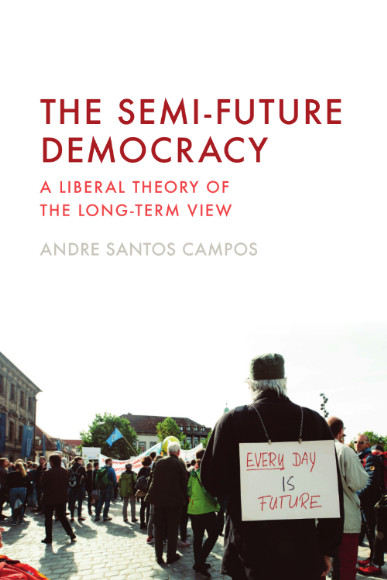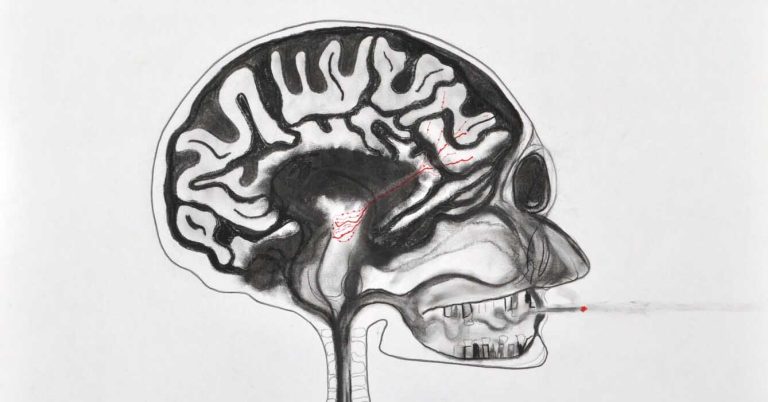
By Andre Santos Campos
In the last few decades, we have witnessed debates around theories of justice that apply across different eras, including between people whose lifetimes do not overlap. These debates have given rise to copious literature in an entirely new subfield of political philosophy, which is usually called ‘intergenerational justice’. This subfield is elicited by challenges that provoke conversations about responsibilities between people situated differently in time, such as the amount of public debt, the funding of future pensions, reparations for past wrongs and, especially, climate change.
The emergence of this literature follows from the view that standard theories of justice are unequipped to address these challenges. Some problems seem so characteristic of grouping people in ‘generations’ that they require new ways of thinking about justice. Such problems are by now familiar to anyone who engages with the literature. For instance, the fact that the bearers of responsibility exist while those entitled to those responsibilities do not. Also, the unidirectionality of time, which hinders particular conceptions of justice from applying straightforwardly, such as direct reciprocity. Or the broad temporal horizon of present people’s capacities to affect the future decisively , including in terms that carry existential risk. Or the famous non-identity problem, in light of which since present persons’ allegedly harmful actions or policies towards the future will also influence the identity of future persons, there is a sense in which future persons could not meaningfully be said to be harmed, and even less wronged.
The democratic temporal puzzle
One of the consequences of addressing the relations between present and future people strictly in terms of justice is that we can easily fall into the temptation to look so far ahead across time that we disregard the present conditions in which we can act to affect the future. This is particularly striking in democratic societies, which include institutions designed precisely to shorten time horizons, such as budget cycles and rotations in office. How, then, can we discharge any responsibilities towards the future without giving up on democracy?
This is what I call the democratic temporal puzzle: since democracies govern for the indefinite future but only by imposing on themselves (often short) time limits, is it possible for a democracy to seriously consider and prioritize the distant future within the temporal confines that make it a democracy in the first place? Authoritarian regimes are not liable to this puzzle because they do not need temporal limits to legitimate their power structures. Does this mean that the only way to address severe long-term problems is to give up democracy and rely on some form of benevolent authoritarianism?
Intergenerational (democratic) legitimacy
Focusing exclusively on justice when discussing relations between generations tends to give important concepts such as legitimacy a secondary role. This is a serious fault in the literature, especially when discussing future people. People who do not exist yet are today politically powerless and voiceless. We may try to overcome this fact by designing institutions and implementing policies that aim to benefit future people, thereby giving them more power today. However, nothing we do today overcomes the fact that they are voiceless, and no information travels from the future to the present. We may try to anticipate future people’s needs (some of them are easy to predict, such as that they will need access to basic goods), but we have no idea what they will think about what we do today towards them.
Thus, some of the most important means that current democracies have to acquire legitimacy and hold politicians accountable, such as consent and participation by the governed, are absent with regard to future people. Their voicelessness is insuperable. Is it possible, then, to attain democratic legitimacy regarding long-term policies that address issues such as climate change, when the majority of people today continue to support and vote for politicians that privilege short-term preferences? We could not ask for a better example than the recent presidential election in the U.S.
Addressing the problem
The label ‘intergenerational justice’ sounds too specific to qualify as a long-term related subfield of political theory. We need to go beyond the generational landscape and beyond the focus on justice. Privileging democratic legitimacy is not a secondary concern when talking about the future. Instead, it should be a primary concern insofar as, without it, there is no normative justification to convince people today to broaden their time horizons and force the politicians who purport to represent them to look further into the future.
Sign up to our mailing list to stay up to date with all of our free content and latest releases
About the book
The Semi-Future Democracy proposes a new theory of social time perception to address the short-term thinking of traditional institutions which threaten to stifle liberal democracies. The semi-future reconfigures liberal democracies’ franchises, representative instruments, deliberative practices, accountability mechanisms, and policymaking to include all citizens, regardless of age, in the demos. The result is a way to legitimize long-term governance and improve the quality of current democracies.
About the author
Andre Santos Campos is an Assistant Professor in Political Philosophy at the Nova University of Lisbon. His research concentrates on issues that connect contemporary political theory with jurisprudence and intellectual history, especially democratic theory and intergenerational justice. He is the author of Spinoza’s Revolutions in Natural Law (2012). He is also the editor of Machiavelli’s Discourses on Livy: New Readings (2021), Sovereignty as Value (2021), Spinoza and Law (Routledge, 2016), Spinoza: Basic Concepts (2015), and Challenges to Democratic Participation (2014). In 2019, he was the recipient of the Brian Barry Prize in Political Science, attributed by The British Academy.






